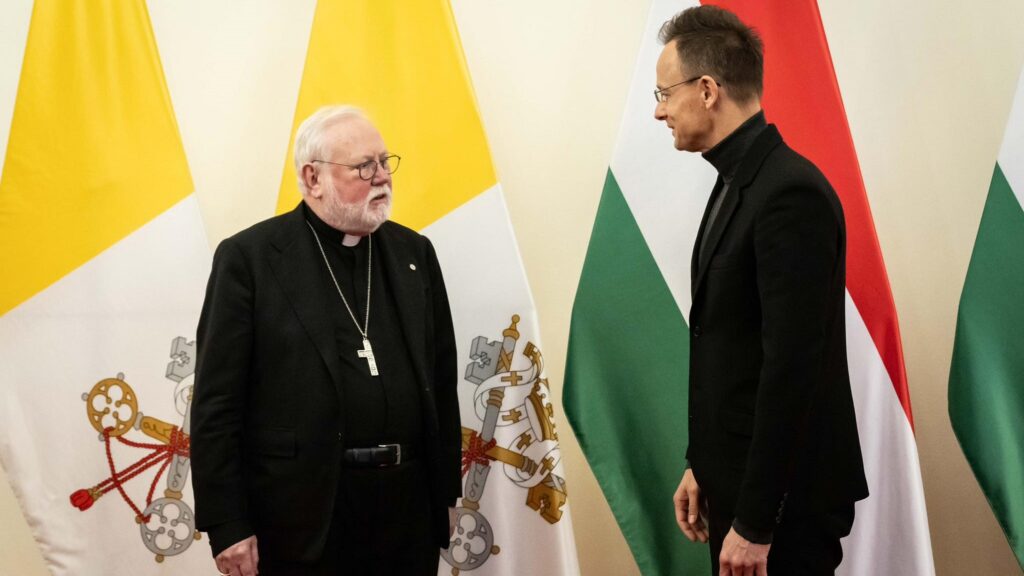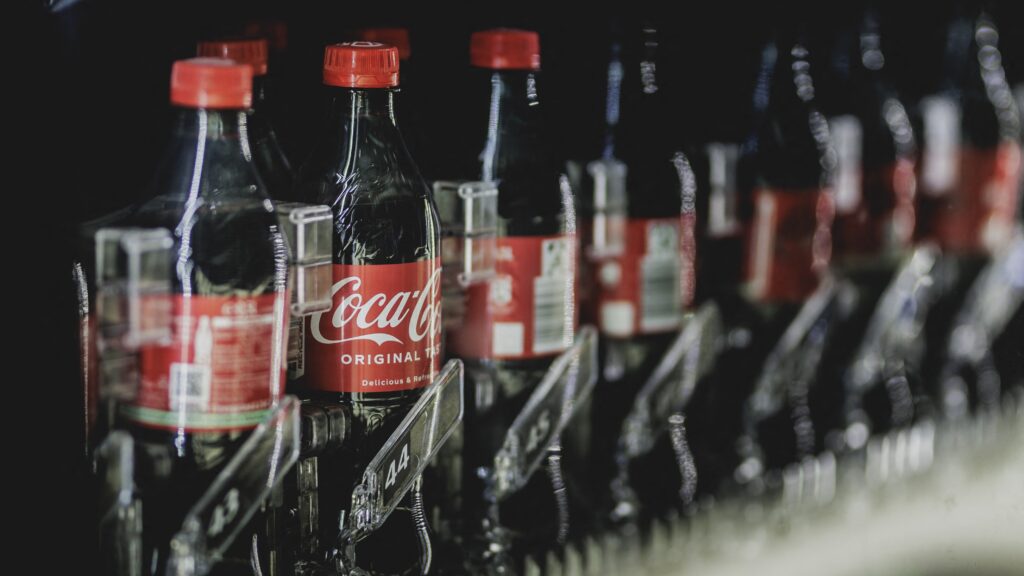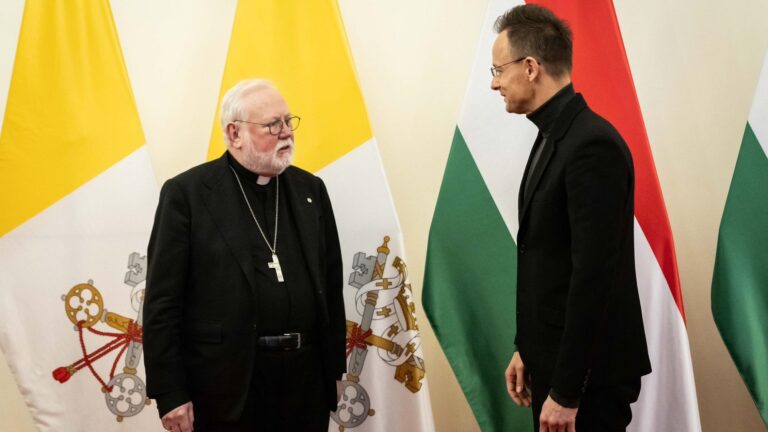One of the key objectives of the recent visit by Márton Nagy, Hungary’s Minister of National Economy, to Beijing was to explore Chinese companies specializing in battery recycling technology and assess potential investments in Hungary. During the discussions, the parties evaluated the international situation of the battery industry related to electric vehicles and discussed the challenges facing the sector, as well as the economic opportunities presented by the green transition, the Ministry of National Economy (NGM) reported on Thursday.
To this end, a delegation of experts led by the Minister held a roundtable discussion in Beijing with representatives of five leading companies in the battery recycling industry: Gotion High Tech, CNGR Advanced Material, Ganzhou Teng Yuan Cobalt, Hithium Energy Storage, and Huanchuang (Xiamen) Technology. In addition, separate high-level talks were held with the leadership of GEM Co Ltd and the Jereh Group. Following this, the delegation visited the processing plant of Zhejiang Huayou Cobalt Co Ltd and met with the company’s executives in Quzhou.
The European Union regulates the entire circular process of battery production extensively and stringently.
This includes directives on rare earth elements, the ‘Right to Repair’ regulation, and the 2023 Battery Regulation, which sets the rules for the entire industry. Under the Battery Regulation, manufacturers of portable batteries are responsible for collecting all battery waste. This governs both the management of manufacturing waste and the collection of used batteries. The regulation mandates the establishment of a take-back and collection system, specifying how waste should be handled at these facilities. The regulation sets clear targets for battery waste collection: by the end of 2023, the collection rate must reach 45 per cent, by 2027 it must reach 63 per cent, and by 2030 it must reach 73 per cent, according to the ministry.
During the talks in China the minister highlighted the importance and role of establishing contact with companies that, beyond battery recycling, actively support the implementation of sustainable and environmentally friendly recycling technologies, as well as increasing the proportion of recyclable materials in batteries. While Hungary is a leader in the production of high-tech batteries, the processing and recycling of valuable raw materials from used batteries is still a missing industry in Hungary and across Europe, the NGM emphasized. From both national economic and sovereignty perspectives, it is essential that the ecosystem related to electric transportation in Hungary strengthens through the establishment of ‘pre- and post-treatment’ facilities that are based on the most advanced and economical technologies available. This opens up new opportunities for the sector and provides safe and environmentally friendly solutions for the large-scale recycling of used batteries, as well as the reuse of valuable raw materials extracted from processed batteries, thereby aiding in the production of the necessary raw materials for manufacturing, the ministry underlined. Nagy reiterated that electric transportation represents the future of European industry. To accelerate the transition, Hungary, as the EU’s rotating presidency, has developed a new community-level action plan.
The plan includes proposals for the comprehensive development of charging infrastructure, the introduction of purchase subsidies, and the mandatory recycling of used batteries.
Related articles:








